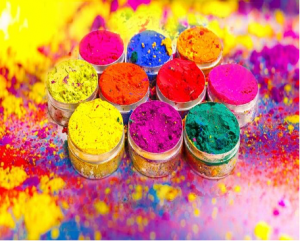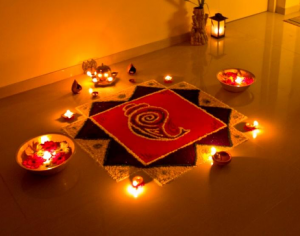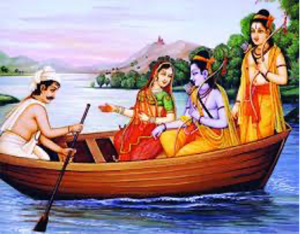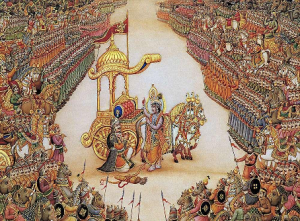India and its values/culture/tradition
India is known for its unique culture of hospitability, humbleness, and politeness. Indian culture is also known for vegetarianism, Hinduism, vibrant colors, and a variety of cuisines in the world. India is not only a place for Hinduism but also for other religions, including Muslim, Buddhism, Jainism, Judaism, Christianism, and many more.
India celebrates a vast number of festivals. These festivals are very diverse due to the multi-religious and multi-cultural Indian society. Indians greatly value festive occasions. Above all, the whole country joins in the celebrations despite the differences.
Religion and Spirituality
India is a secular and the most religious country in the world, subdivided into several sects and cults. Religion in India is characterized by a diversity of religious beliefs and practices. The subcontinent is the birthplace of four world religions—Hinduism, Buddhism, Sikhism, and Jainism. Additionally, religion is considered the foundation for most areas of life for individuals and families.
Dance, drama, and musical performances often retell stories from India’s classical literature and religious traditions. Famous Indian literature includes the famous epic adventures “Mahabharata” and “Ramayana.”
Traditional Indian art and architecture
India has been a virtual museum of architecture for thousands of years. It is famous for its detailed carvings, stonework, and intricate tiling. Amazingly it depicts the history and ancient love stories. Most of India’s architecture and arts display a devotion to gods and goddesses.
One of India’s and the world’s most well-known architectural masterpieces is the 17th-century Taj Mahal. Although it is a traditional gem, it is a singular and nontraditional monument because it was built as a memorial to a person, not a god.
Caste system religion
The caste system is a method of dividing up society into a hierarchy according to professions and trades. The system is seen as a way of breaking down society into categories different from race, class, tribe, and ethnic group. The caste system has been around for at least 1,500 years. It exists throughout South Asia and is particularly strong in rural areas.
The caste system has operated successfully for centuries. However, caste is a technically illegal system. India’s constitution guarantees fundamental rights to all its citizens, including the right to equality and equal protection before the law. Moreover, it continues to operate, but changes are occurring. The practice of untouchability and discrimination based on caste, race, sex, or religion has been legally abolished. All citizens have the right to vote, and political competition is lively. Voters from every stratum of society have formed interest groups, overlapping and crosscutting castes, creating an evolving new style of integrating Indian society.
Moral values of Indian culture
Indian culture is based on human values and holism. Human values refer to moral, spiritual, and ethical values, while holism means openness or unity. Indian culture is rich and diverse and teaches us to be tolerant of others.
The core values of India are democracy, secularism, justice, liberty, freedom, equality, and fraternity. Moral values are defined as guidelines that assist a person in deciding between right and wrong. In order to create honest, credible, and fair judgments and relationships in daily life, awareness of one’s morals and self-awareness are crucial.







Dit bericht heeft 0 reacties